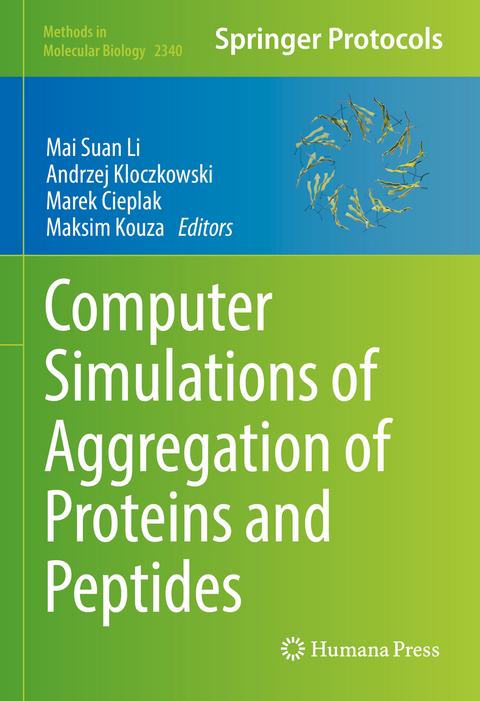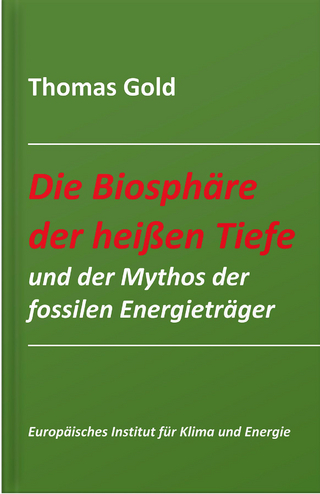
Computer Simulations of Aggregation of Proteins and Peptides
Springer-Verlag New York Inc.
978-1-0716-1545-4 (ISBN)
Authoritative and cutting-edge, Computer Simulations of Aggregation of Proteins and Peptides aims to ensure successful results in the further study of this vital field.
Bioinformatics Methods in Predicting Amyloid Propensity of Peptides and Proteins.- Protocols for Rational Design of Protein Solubility and Aggregation Properties using Aggrescan3D Standalone.- Using Surface Hydrophobicity Together with Empirical Potentials to Identify Protein-Protein Binding Sites. Application to the Interactions of E-cadherins.- Computational Models for Study of Protein Aggregation.- Probing Protein Aggregation Using the Coarse-Grained UNRES Force Field.- Contact-based Analysis of Aggregation of Intrinsically Disordered Proteins.- Molecular Insights into the Effect of Metals on Amyloid Aggregation.- From Quantum Mechanics, Classical Mechanics and Bioinformatics to Artificial Intelligence Studies in Neurodegenerative Diseases.- Computer Simulations Aimed at Exploring Protein Aggregation and Dissociation.- All-atom Molecular Dynamics Simulation Methods for Aggregation of Protein and Peptides: Replica-exchange/permutationand Nonequilibrium Simulations.- Key Factors Controlling Fibril Formation of Proteins- Determination of the Most Stable Packing Of Peptides From Ribosomal S1 Protein, Protein Bgl2p and Aβ peptide in β-layers during Molecular Dynamics Simulations.- Molecular Dynamics Simulations Of Protein Aggregation: Protocols For Simulation Setup and Analysis with Markov State Models And Transition Networks.- Challenges in Experimental Methods.- Aggregates Sealed By Ions.- Modifying Amyloid Motif Aggregation through Local Structure.- Assessing the Stability Of Biological Fibrils By Molecular-Scale Simulations.- Predictive Modeling of Neurotoxic α-Synuclein Polymorphs.- Characterization of Amyloidogenic Peptide Aggregability in Helical Subspace.- Exploration of Protein Aggregations in Parkinson’s Disease through Computational Approaches and Big Data Analytics.- Computational Studies of Protein Aggregation In Preeclampsia.- Final remarks.
| Erscheinungsdatum | 18.02.2022 |
|---|---|
| Reihe/Serie | Methods in Molecular Biology ; 2340 |
| Zusatzinfo | 150 Illustrations, color; 7 Illustrations, black and white; XIII, 478 p. 157 illus., 150 illus. in color. |
| Verlagsort | New York, NY |
| Sprache | englisch |
| Maße | 178 x 254 mm |
| Themenwelt | Mathematik / Informatik ► Informatik |
| Naturwissenschaften ► Biologie ► Biochemie | |
| Naturwissenschaften ► Biologie ► Genetik / Molekularbiologie | |
| Naturwissenschaften ► Biologie ► Mikrobiologie / Immunologie | |
| Schlagworte | AGGRESCAN3D • Alzheimer's • Misfolding • Parkinson's • Protein Aggregation |
| ISBN-10 | 1-0716-1545-9 / 1071615459 |
| ISBN-13 | 978-1-0716-1545-4 / 9781071615454 |
| Zustand | Neuware |
| Informationen gemäß Produktsicherheitsverordnung (GPSR) | |
| Haben Sie eine Frage zum Produkt? |
aus dem Bereich


